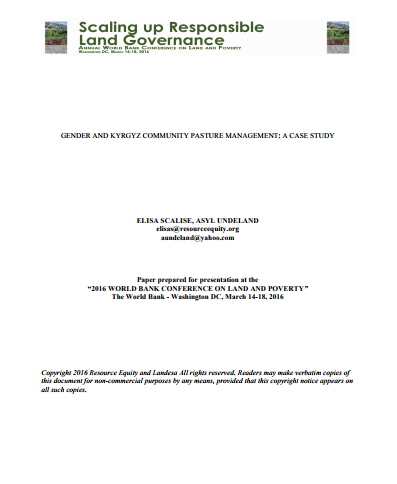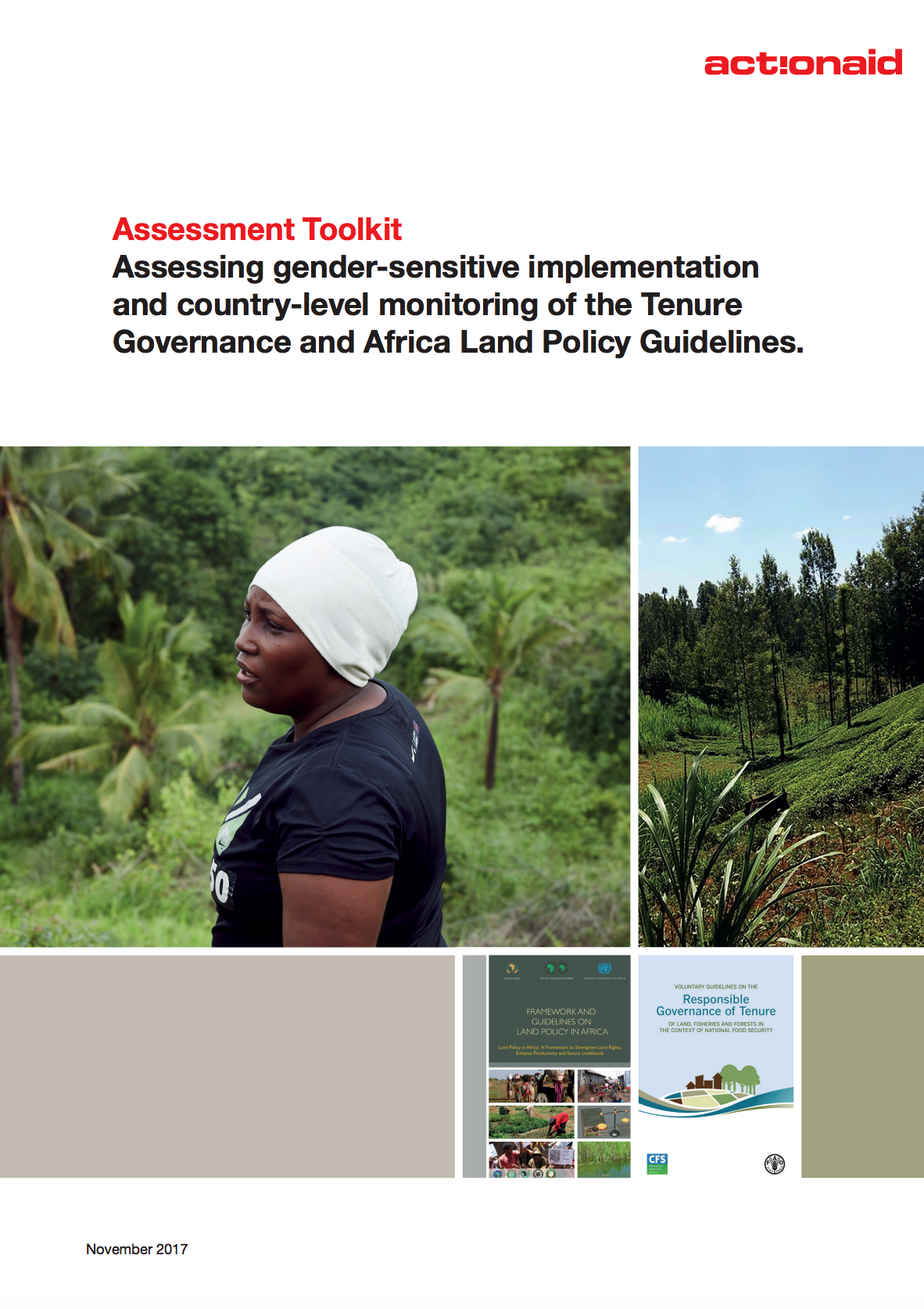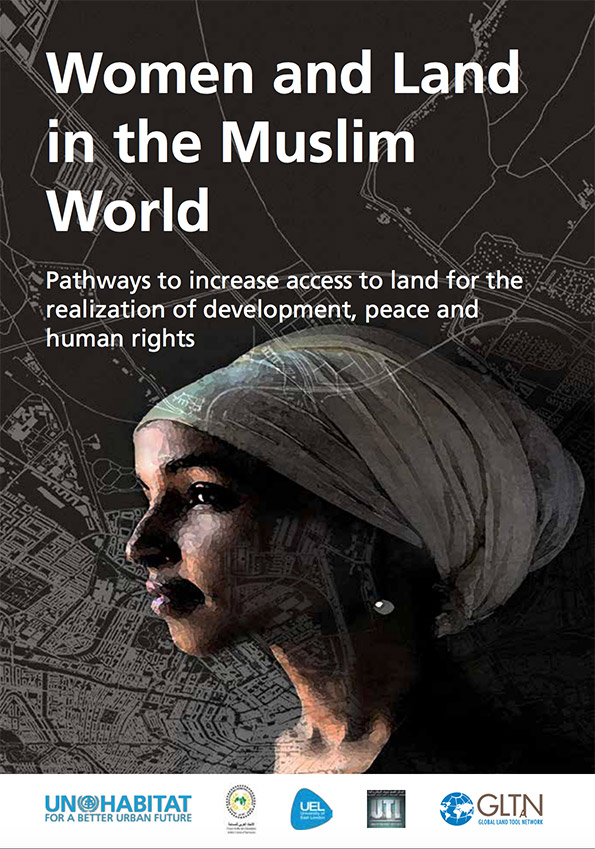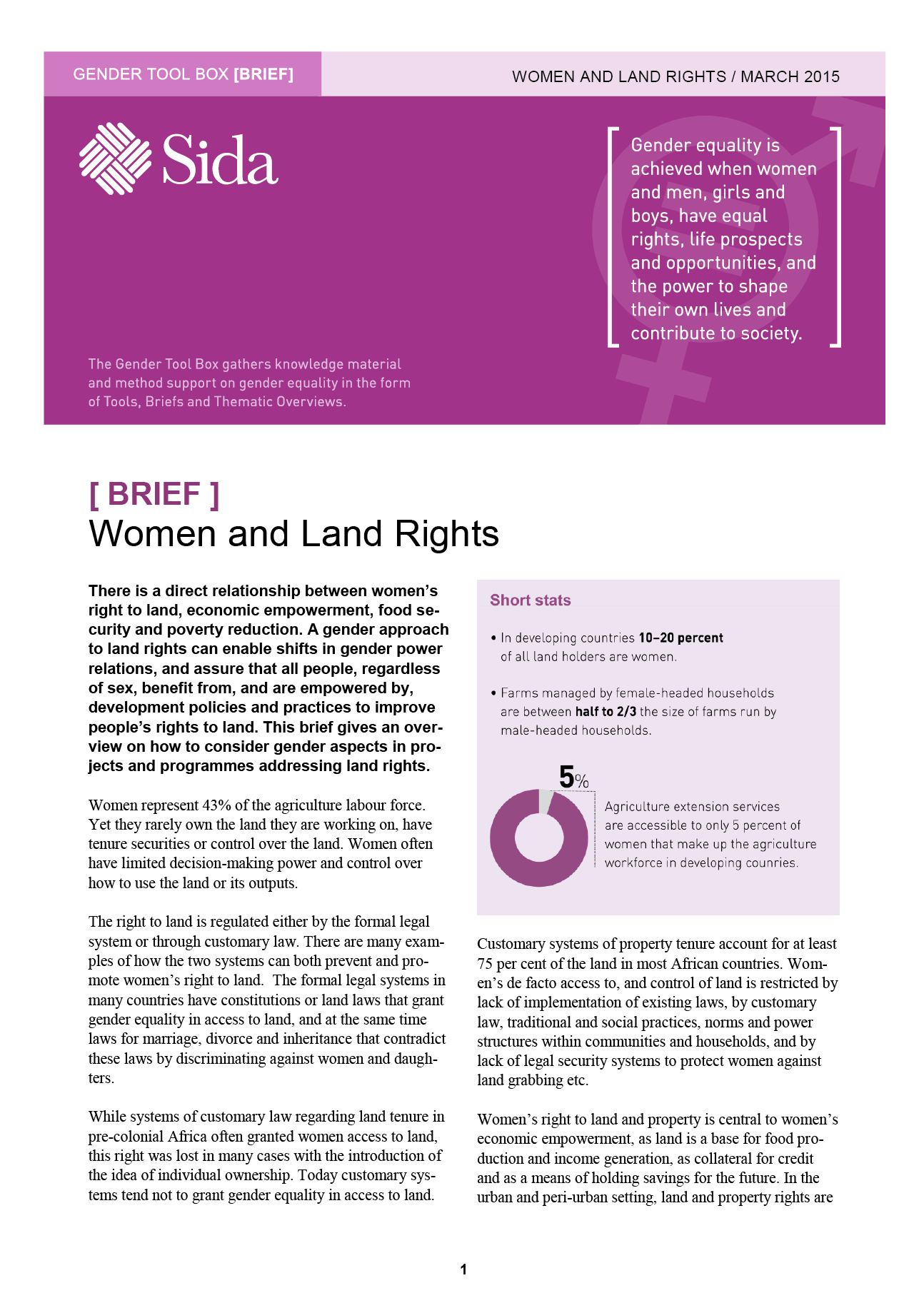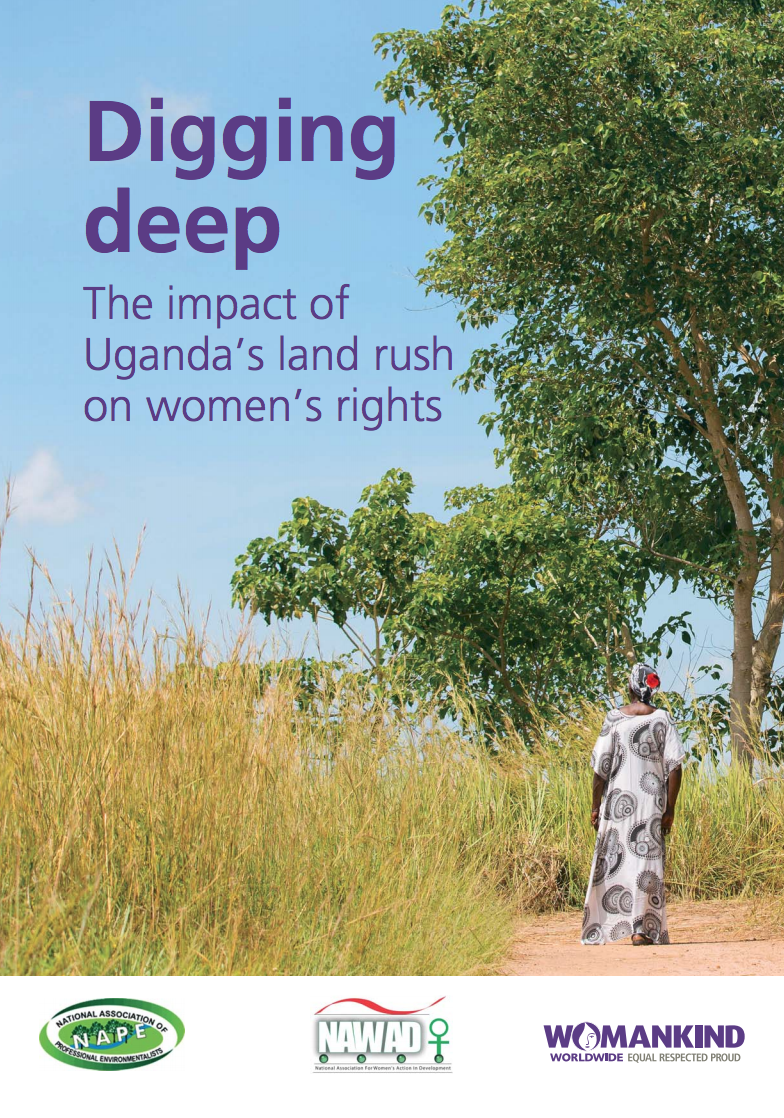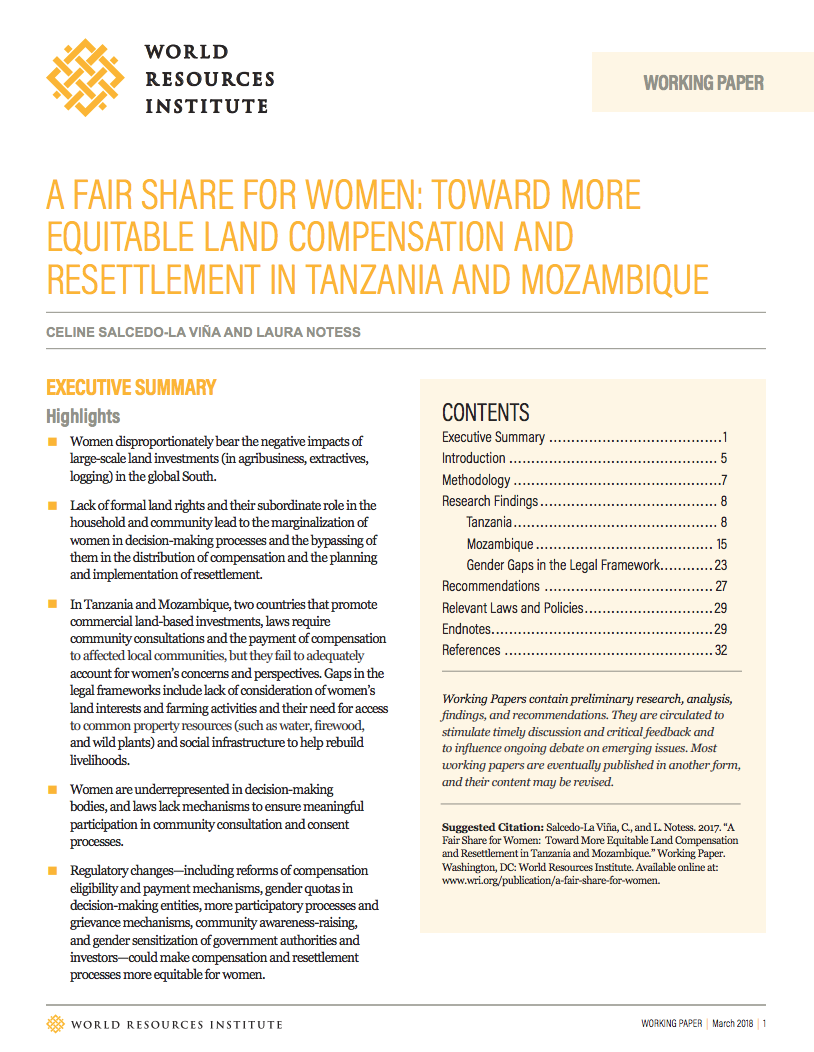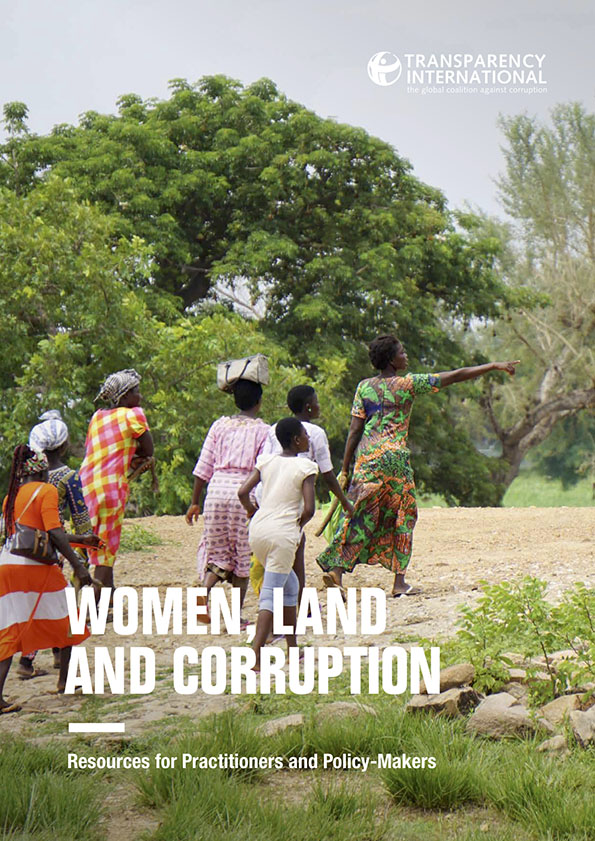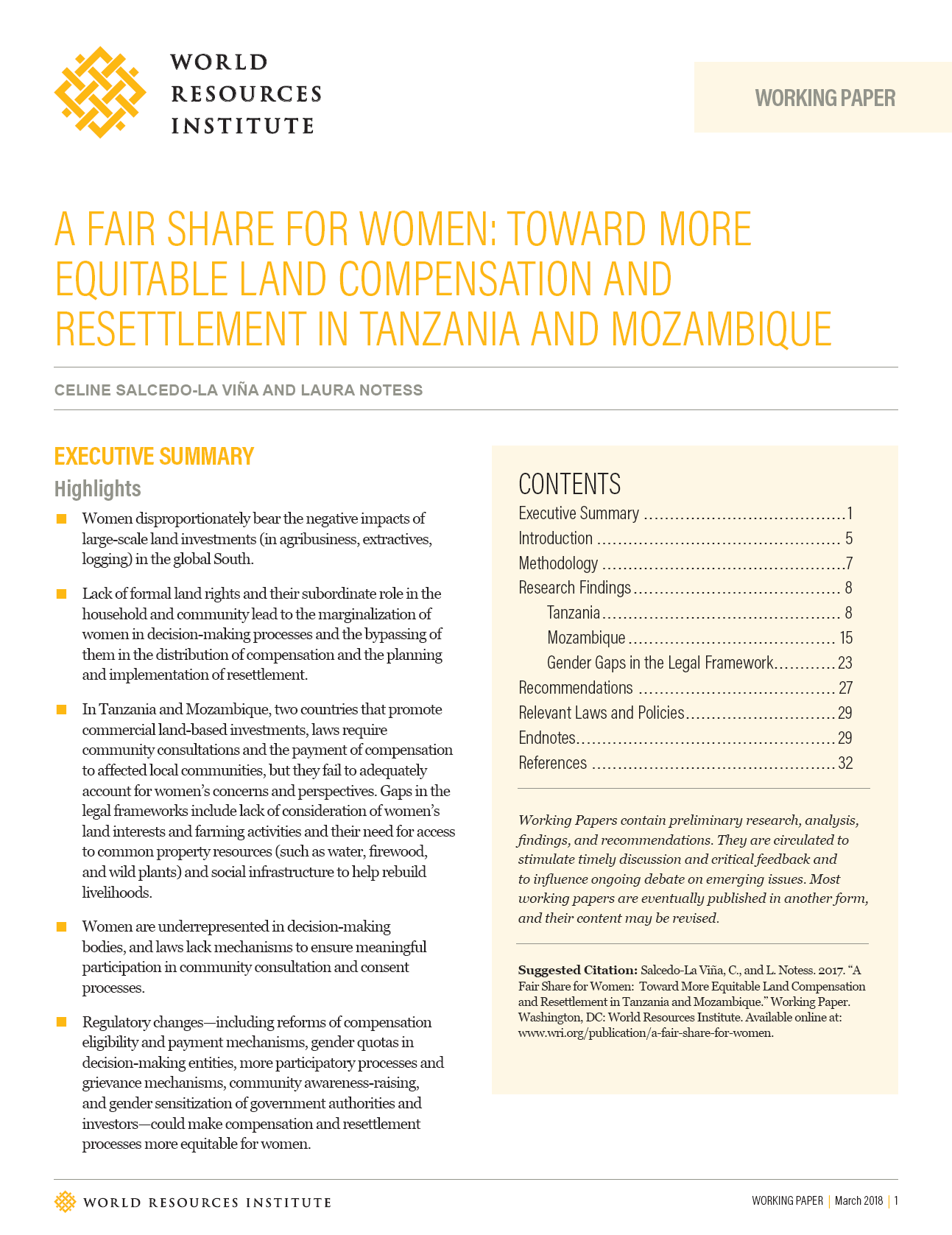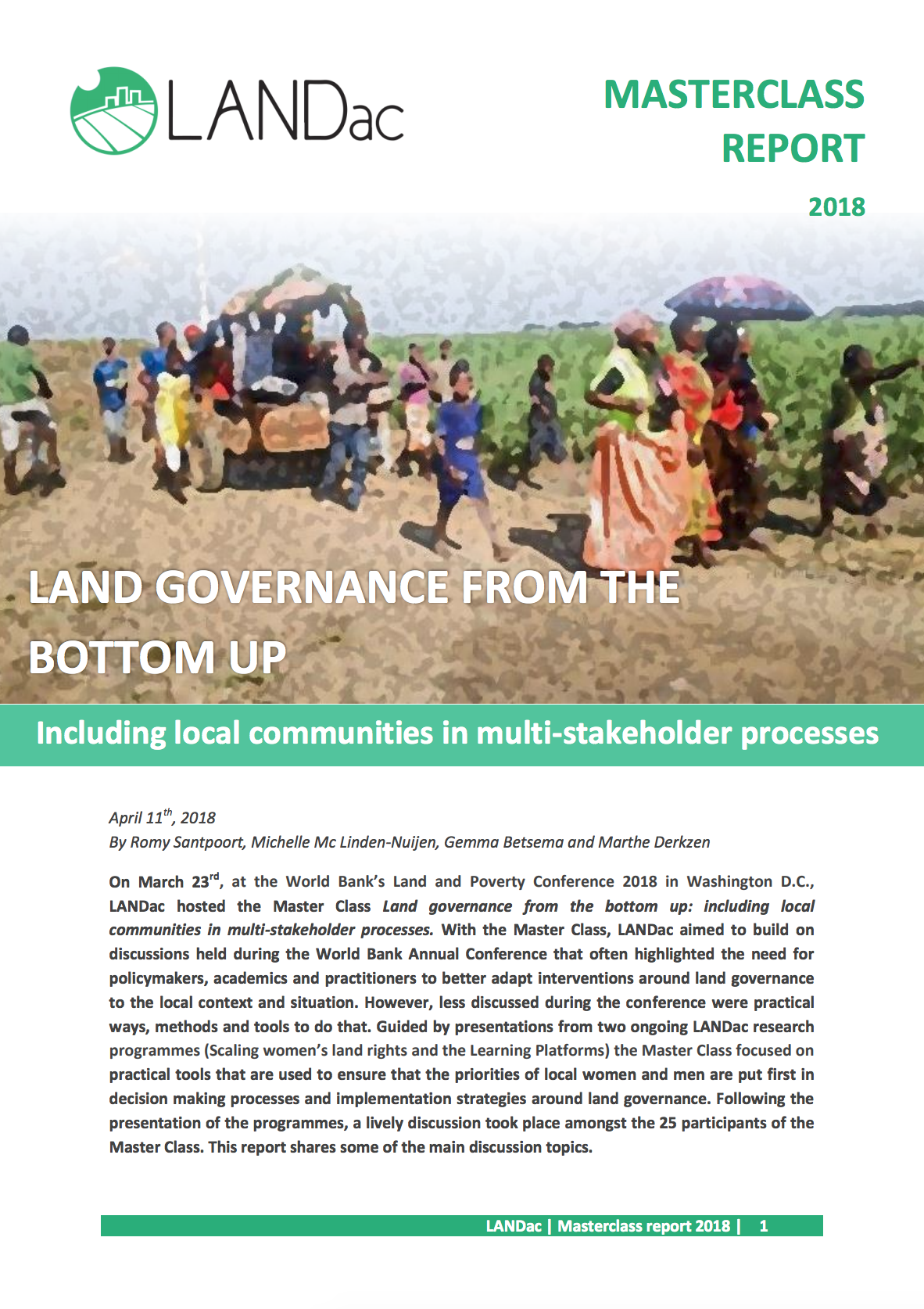GENDER AND KYRGYZ COMMUNITY PASTURE MANAGEMENT: A CASE STUDY
Kyrgyz pastureland make up the majority of land mass in the country and are an important resource for most rural people, providing good opportunities for economic growth and poverty reduction. Kyrgyz pastureland reforms devolved management of pastures to local level pasture committees. This case study looks at promising practices and lessons learned from an intervention related to those reforms, that seeking to both promote community management of pasturelands and also promote the interests of women within those communities.

